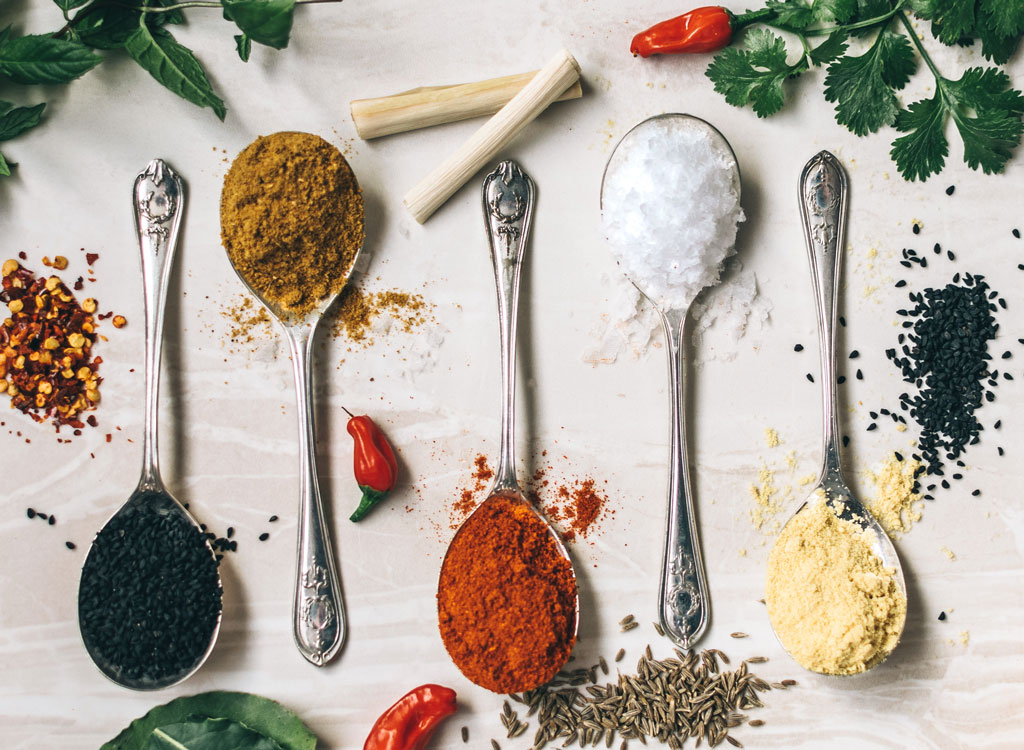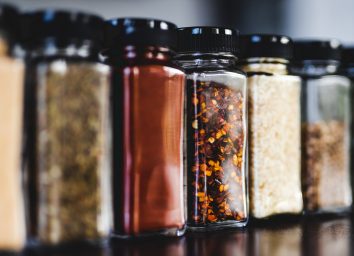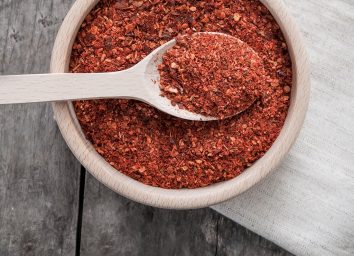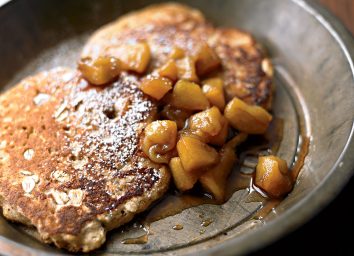You're Definitely Not Replacing Your Spices Often Enough

When your schedule allows for extra leisure time, you may feel inclined to crack open one of your favorite recipe books that you rarely get to thumb through to prepare a nice meal. Aside from a trip to the grocery store, you may also take inventory on which spices you already have. As you rummage through the small jars of coriander, rosemary, and Bay leaf, do you ever stop and try to recollect when it was you first bought that dried spice? If you're not ardent about cooking, it's easy to believe that your spice supply could be a couple of years old.
The question is, do spices go bad—and do they have to be replaced? Brian Bennett, executive chef of meal delivery service Eat Clean Bro, contributed his thoughts on when it should be time to toss out that stash of ground cinnamon or dried parsley.
How long do spices typically last in your cabinet?
"Spices in my cabinet usually only last about three months," says Bennett, who admits to buying spices in small quantities and in their whole form, never ground, except for chili flakes and special curry spice blends such as Gram Masala and Vadouvan, for example.
For a chef, it makes sense that he's mowing through spice jar after spice jar every couple of months, but for the person who doesn't raid their spice cabinet every day, it's more likely they've been holding onto that jar of ground sage for more than two years. If this is the case, Bennett suggests replacing that old spice.
"I would not try to hold any ground spices for more than a year," he says. "Spices will not go rancid, but they will definitely become stale over time."
Who wants to sprinkle flavorless turmeric atop a skillet full of vegetable stir-fry? The purpose of spice is to quite literally spice up a dish that otherwise would be bland on its own, right? Buying whole spices such as cinnamon sticks, cardamom pods, and star anise have the potential to last longer.
"Whole spices should last for about two to four years," says Bennett. Whole spices last longer because, contrary to ground, the inside of it has yet to be exposed to oxygen. Oxygen can essentially weaken the aroma and flavor of the ground spice over time, which is why it's important to store spices in airtight containers, if not in the container it was originally purchased in.
What's the best way to get the most out of your spices?
"Always toast your whole spices to get the most amount of flavor and help extract some of the oils," says Bennett. The chef recommends purchasing a cheap coffee bean grinder to grind whole spices.
In addition to storing ground spices and dried herbs into airtight containers, it's also important to store them away from the stove and from direct sunlight. Don't keep spices in the fridge either, as the humidity could be detrimental to the longevity of the spice. There's also the risk of the spice absorbing surrounding odors in the fridge.
So, while your spices won't necessarily go bad or become inedible, they do lose their potency after some time, so it's important to not hold onto ground spices for more than a year, while whole spices should be replaced every two to four years. If you're looking to whip up some delicious recipes, we suggest you head to the store and re-stock your spice cabinet.








